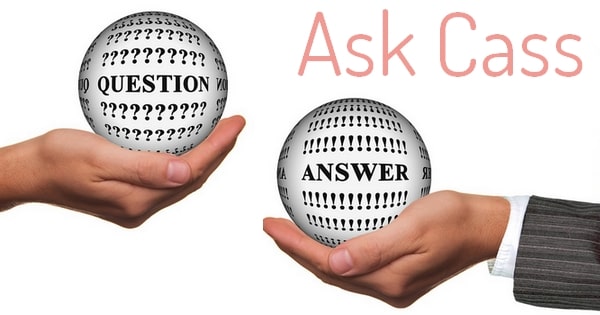How do I know a developmental editor is helping?

Fact: A writer will learn to love a line edit (because the line editor does most of the work) but will always balk at a developmental edit (because the writer will be asked to do most of the work).
Most stories need a developmental edit before the line edit. This is because a story, like a house, must have a strong foundation (logical plot, believable and engaging 3-dimensional characters, action and setting) before you can make it liveable/readable.
Yes, it’s much easier to see improvements in your story after a line edit, even a sample page. But a developmental edit is a different beast altogether. If the developmental editor is any good, it’s going to knock you for six. You will need to sit down. There may be tears. There may be a strong urge for coffee. There may be a desire to give up and never write again.
It’s overwhelming to be told that your story (which you thought was pretty darn awesome) makes no sense in places, then it needs work….a lot of work. But this is the beginning of a better story. This may even be the beginning of you as a better writer. Embrace it.
A developmental editor should be able to give feedback just by looking at the first three chapters. They will be able to identify any lapse in logic, under-developed scenes and characters. Once a dev editor dissects your story, you will be able to see where the weaknesses are, how to remedy them, and how to weave it all back into a logical and coherent whole that actually makes sense to others. You should be able to evaluate this feedback and use it to make your story better.
Yes, just by looking at the first three chapters, a developmental editor should be able to give you valuable and usable advice.
The dev editor cannot rewrite the story for you. Their job is to identify and point out exactly where the problems are and, if you allow it, guide you to correct them. By following their guidance (how to develop scenes and characters, give information in a logical manner, etc.), you will end up with a much stronger and believable story and characters that are three-dimensional and engaging.
Not every writer is ready or willing to do the necessary work that a developmental edit will demand of them. Not every editor is capable of doing a developmental edit. You need to find the right person for your story and be in the right mind space to benefit from their expertise.
Unless you’re already a veteran writer, you will learn how to strengthen story structure from a good developmental editor. As the writer, you need to provide those basic building blocks. A developmental editor cannot be expected to work with nothing. The best use of a developmental editor is when you already have the basics down and are ready to make your story viable.
